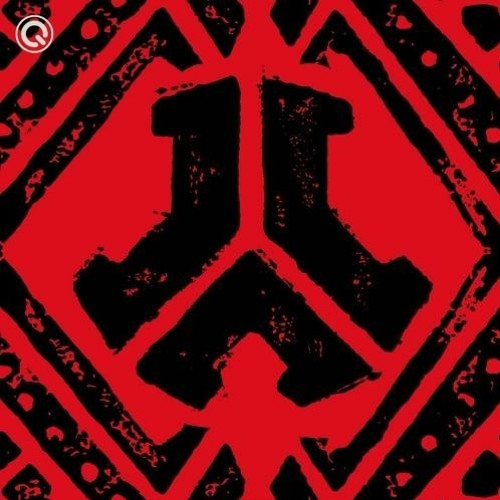
Phil’s power comes from demeaning people, an idea that is reinforced by the previous Bible verses from Psalms chapter 22: 6-7, “ But I am a worm, and no man a reproach of men, and despised of the people.

This is part of how The Power of the Dog subverts Western masculinity tropes, and it leads to the conclusion that the power referred to in The Power of the Dog is one of psychological force, rather than physical. Phil is non-confrontational, hiding in rooms with his banjo and letting his absence speak more than his presence, yet he wields an intense psychological strength over the other characters in the film that is simultaneously gentle and vicious. In The Power of the Dog, Phil is quiet, delivering stoic lines a few at a time in the true style of the classic Western. The “ dog” has power-yet the power is merely suggested, never executed. George walks on eggshells around him, unable to reveal his true feelings or thoughts for fear of ridicule Rose withers like a thirsty flower in The Power of the Dog, descending into a bleak alcoholism, and gentle, artistic Peter becomes a murderer by the film’s conclusion. It is understood that the dog from the text is Benedict Cumberbatch’s character in The Power of the Dog, but his power remains elusive and subject to viewer interpretation-yet it is undoubtedly present. While the verse seen in the film may seem straightforward, the “ power” referenced in Psalms 22:20 remains largely mysterious. What "Power Of The Dog" Title Really Means There in the text lies the Bible verse from which The Power of the Dog's title is taken, found in the book of Psalms, chapter 22: “ Deliver my soul from the sword my darling from the power of the dog.” While the implication is that Phil is the dog and that the rest of the characters are saved from his power by his death, there are far more correlations to be made from the context of the verse and surrounding Bible chapter that lend more insight into The Power of the Dog's title and Bible verse use. Related: The Power of the Dog Wasted One Of Its Biggest StarsĪt the end of The Power of the Dog, following Phil’s death, Peter (played by the X-Men movies’ Kodi Smit-McPhee) is seen sitting on his bed reading the Bible. A gentle spirit and a maker of paper flowers, Peter becomes Phil’s whipping boy and suffers the greatest outpouring of Phil’s torment until Peter discovers Phil’s greatest secret and their relationship changes dramatically. After releasing in theaters in mid-November of 2021, The Power of the Dog film is now available to stream on Netflix. Phil is distressed by his brother’s marriage to a local widow, Rose (played by Kirsten Dunst), and his disapproval of the union weighs heavily on Rose and Phil’s brother George, but the greatest victim of Phil’s wrath is Rose’s son, Peter.

The Power of the Dog stars Benedict Cumberbatch as Phil Burbank, a charismatic, super-macho rancher living in the sprawling landscape of Montana in 1925. However, despite The Power of the Dog's acclaim, there remains a sense of mystery around what exactly the title The Power of the Dog actually means. Written and directed by Jane Campion, The Power of the Dog was the darling of the film festival circuit, collecting awards from San Sebastian Film Festival, Venice Film Festival, and the Toronto International Film Festival. The Power of the Dog's title meaning becomes clear in the final moments of the film, in which Peter is seen reading a Bible verse.

Warning: Major SPOILERS for The Power of the Dog ahead!


 0 kommentar(er)
0 kommentar(er)
